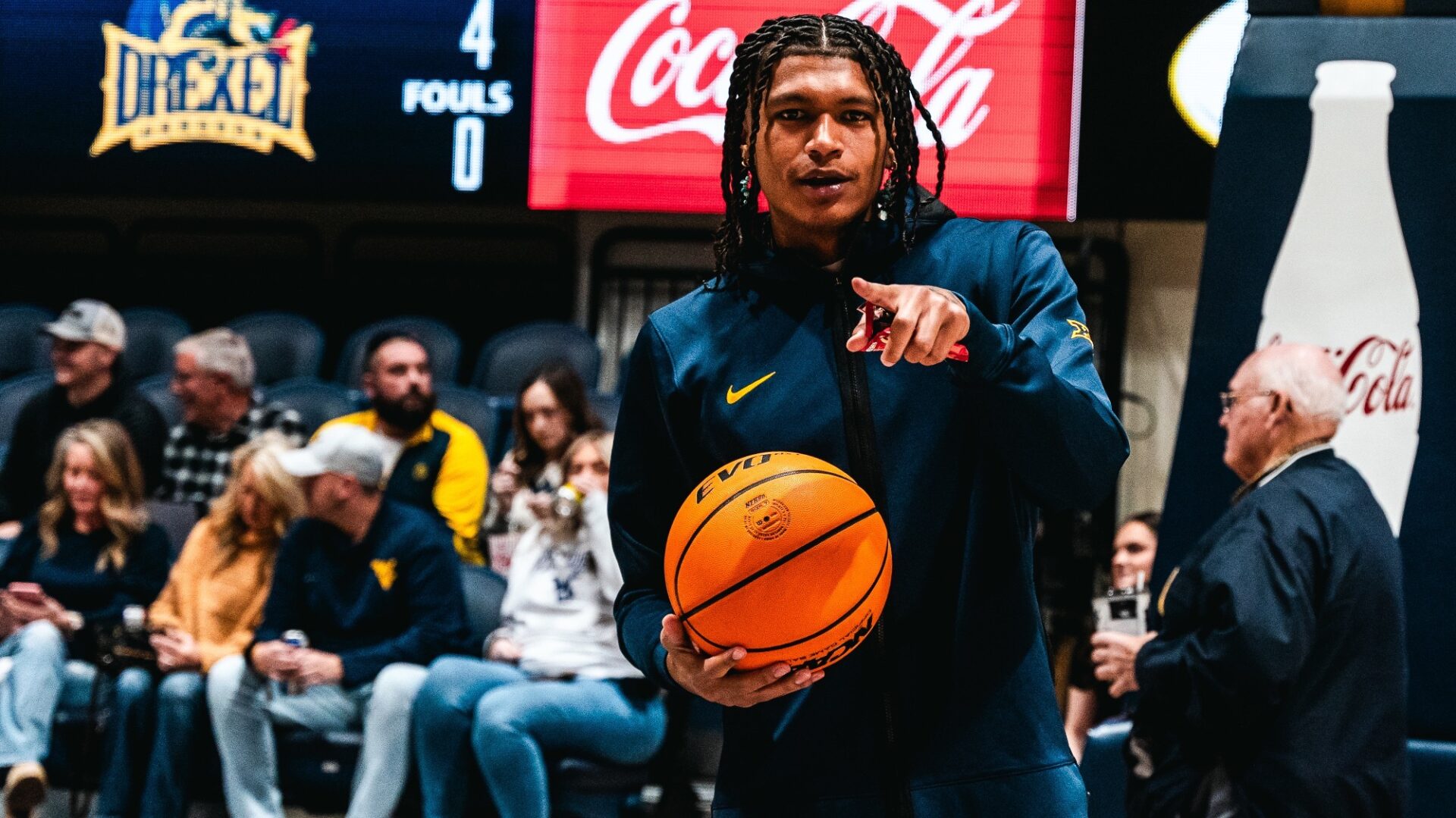College athletes who have transferred multiple times but were denied the chance to compete immediately can play through the remainder of the academic year, a federal judge ruled Monday.
U.S. District Judge John Preston Bailey in West Virginia made the ruling on a motion filed Friday by the NCAA and a coalition of states suing the organization. Preston extended a temporary restraining order he had issued last Wednesday barring the NCAA from enforcing its transfer rule for 14 days.
The earlier ruling had opened a small window for multiple-transfer athletes to compete. But that window was extended by Monday’s decision, which converts the restraining order into a preliminary injunction. Bailey also canceled a previously scheduled Dec. 27 hearing and said the case would be set for trial no sooner than the last day of competition in the winter and spring sports seasons.
“This is a great day for student athletes — they will finally be able to compete in the sport they love,” West Virginia Attorney General Patrick Morrisey said in a statement. “It’s the right thing to do and I couldn’t be more pleased with the outcome.”
Friday’s motion came after the NCAA had circulated a document to its member schools clarifying that the redshirt rule for athletes would still apply if the court’s restraining order was reversed: Basketball players who compete even in one game would be using up a season of eligibility.
Several multiple-transfer men’s basketball players competed in games over the weekend, including West Virginia’s Noah Farrakhan, Cincinnati’s Jamille Reynolds and UT Arlington’s Phillip Russell.
The lawsuit, which alleges the NCAA transfer rule’s waiver process violates federal antitrust law, could have a profound impact on college sports if successful. In court documents, the NCAA has said the plaintiffs “seek to remake collegiate athletics and replace it with a system of perpetual and unchecked free agency.
NCAA rules allow underclassmen to transfer once without having to sit out a year. But an additional transfer as an undergraduate generally requires the NCAA to grant a waiver allowing the athlete to compete immediately. Without it, the athlete would have to sit out for a year at the new school.
Last January, the NCAA implemented stricter guidelines for granting those waivers on a case-by-case basis.
“I hope this is the beginning of real change within the NCAA,” Morrisey said. “We have to put the well-being of student athletes — physical, mental, academic and emotional — first. The NCAA needs to enact consistent, logical and defensible rules that are fair and equitable for everyone.”
The states involved in the lawsuit are Colorado, Illinois, New York, North Carolina, Ohio, Tennessee and West Virginia.
